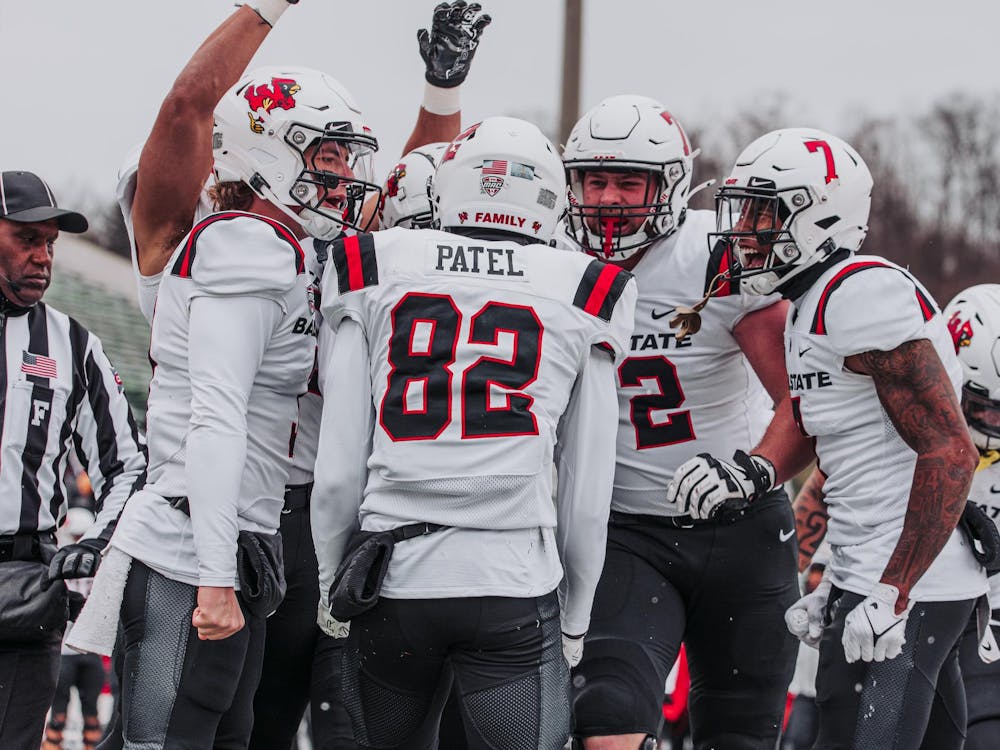Practice presentation
When: 6 p.m., Thursday, Nov. 6
Where: Whitinger Business Building in Room 153.
Quick wit on economics will be the biggest challenge Monday for five students headed to Chicago to present their ideas on policy at the Federal Reserve.
The group is competing in the first round of the regional competition for the College Fed Challenge, where teams from different colleges present what they know about current problems with monetary policy and how to fix them. The winners from the different regions will head to Washington, D.C., to compete in the national competition.
Each presentation is followed by a 15-minute question and answer session regarding monetary policy.
“The easiest part is to present your recommendations, and to put together a good presentation,” said Nick Curott, an assistant professor of economics. “The hardest part is being able to think on your feet and being able to answer any question on monetary policy concisely and accurately.”
Tyler Harris, a member of the group and a senior economics major, said he hopes their charisma will set them apart.
“Most groups are going to talk about more or less the same thing, we all have the same data,” Harris said. “What really separates us is our personalities about it ... if you can have people who are actually having fun doing a presentation about the Federal Reserve, that’s a lot more than a lot of other things.”
Curott said to win the competition the group has to demonstrate an extensive knowledge of monetary policy and economics.
“[The judges] assess both the presentation and also the team’s ability to answer questions. They assess whether they’re always giving accurate information. They assess whether there’s cooperation and teamwork amongst the students,” Curott said. “They would have to beat out 10 or 12 other teams from top-ranked universities in the area.”
The group is giving their presentation on Thursday night in front of local business leaders, bankers and alumni in the financial field. Curott said he was trying to get people with professional experience and an understanding of monetary policy to help the team practice answering questions.
“I want to make sure that we foster interaction between the students and the local business community,” Curott said. “What we’ve done is invited people from local banks, or people who are alumni in finance related industries, local business leaders to come in and watch the presentation.”
Two of the members of the group are participating to obtain an independent study credit, but the other three are from another class of Curott’s and volunteered to participate.
“In order to have a good grasp of monetary policy you have to know a great many things — first how the economy works, and how everything in the economy is related, and how one variable can send ripple effects throughout the economy and affect other markets as well,” Curott said. “You also have to understand a lot about finance.”
Harris said preparing for the event has taught him more about finance than any of his other classes.
“Most of the time in a class you show up, listen to someone talk about what they think is going on, maybe do a homework assignment here or there and then go home,” Harris said. “This is a real practical application where what you say can actually make somewhat of a difference to something … The only way to really understand the [Federal Reserve] and monetary policy is to actually be involved in the process of it.”




